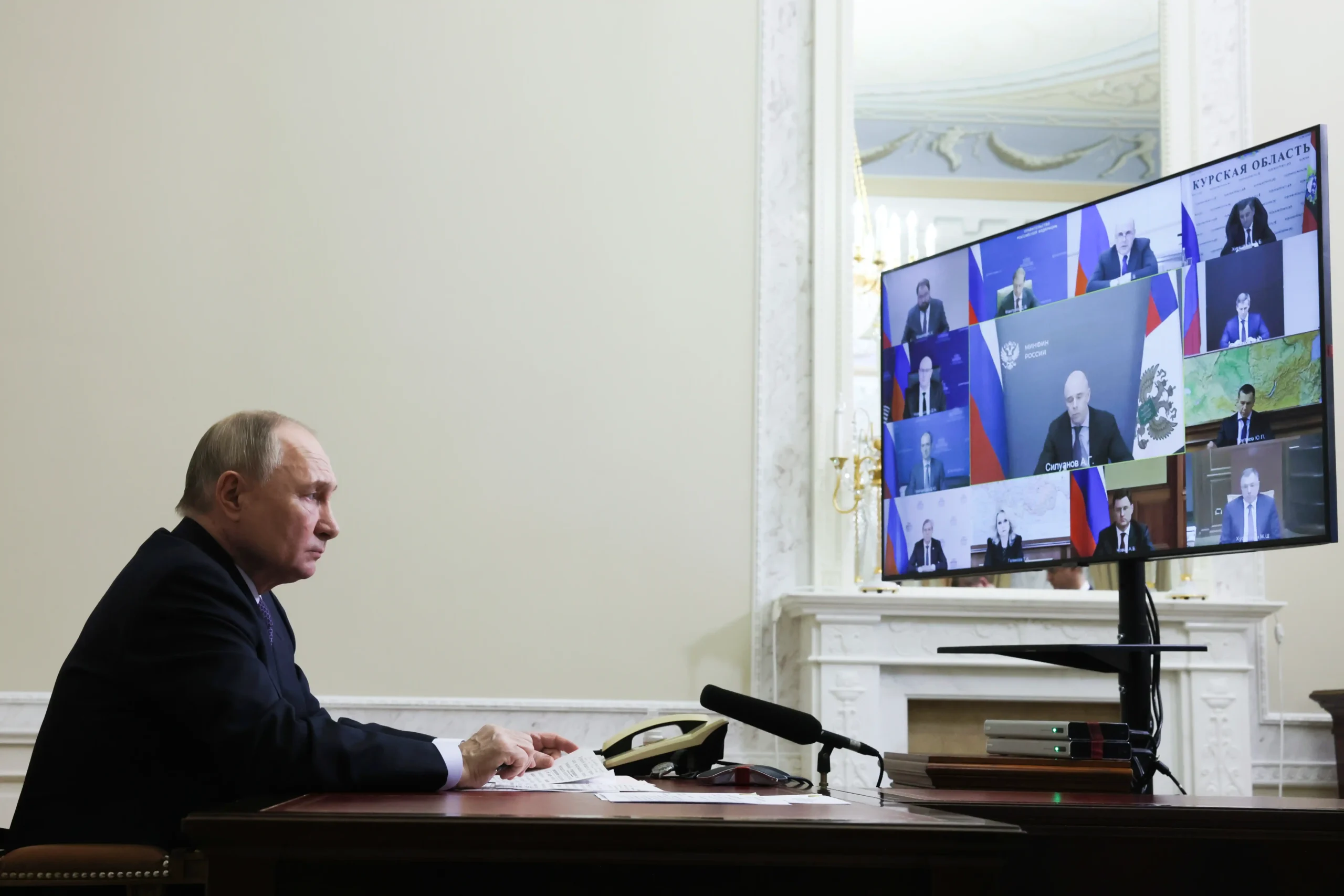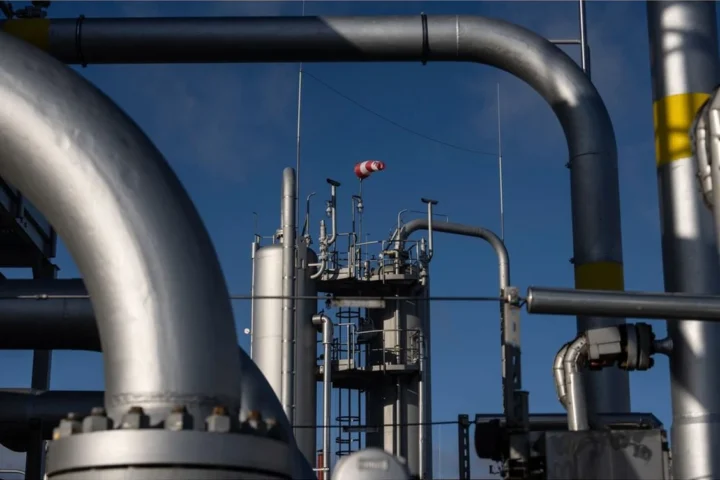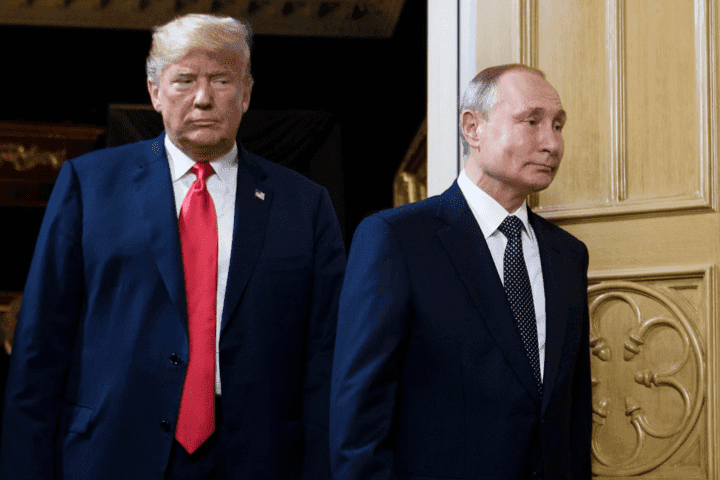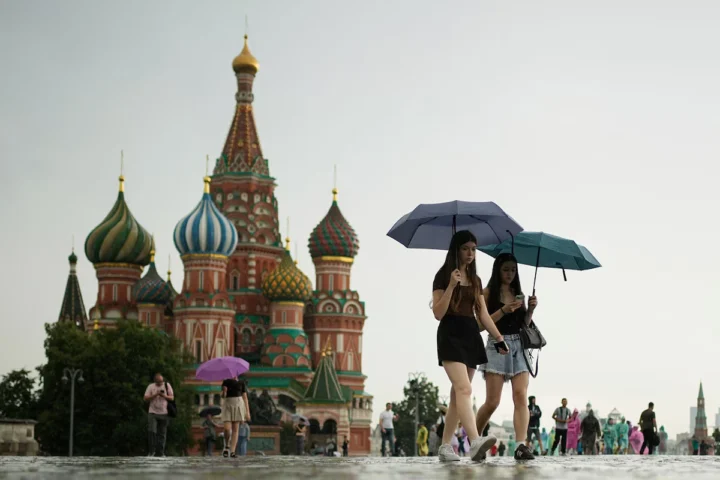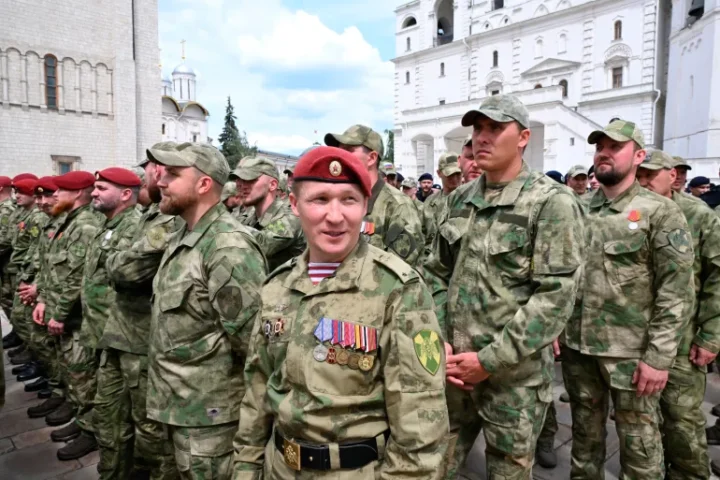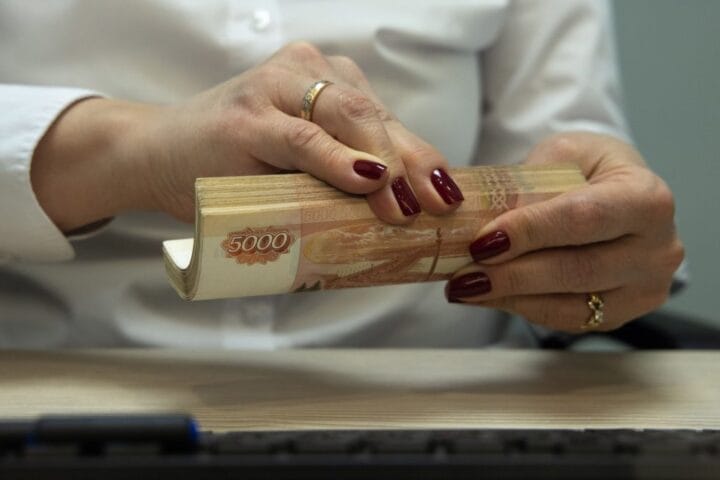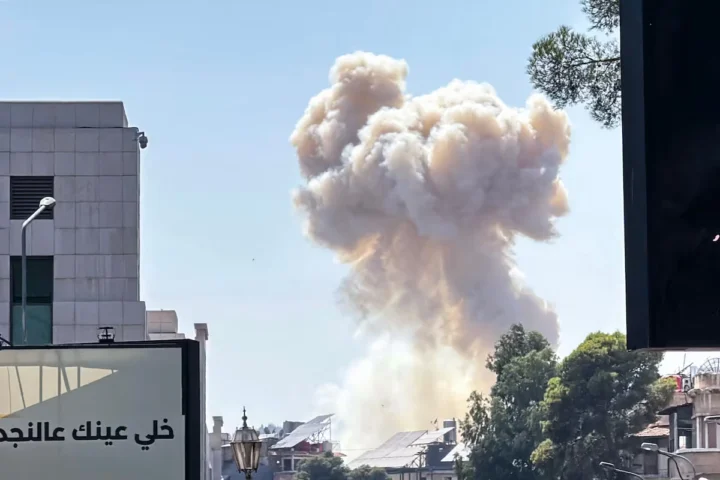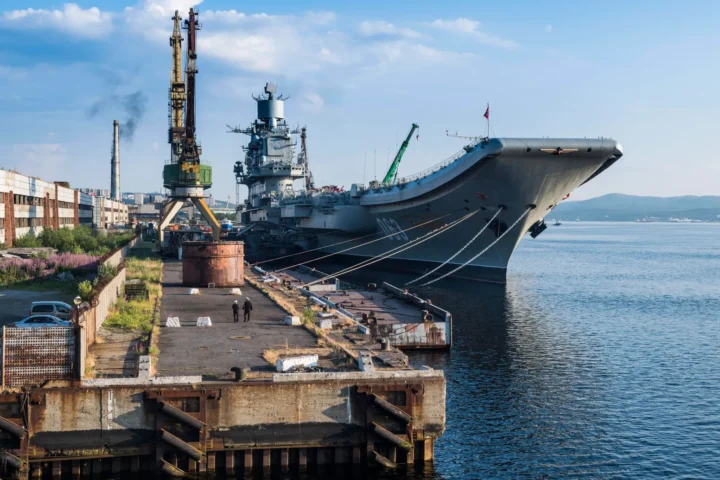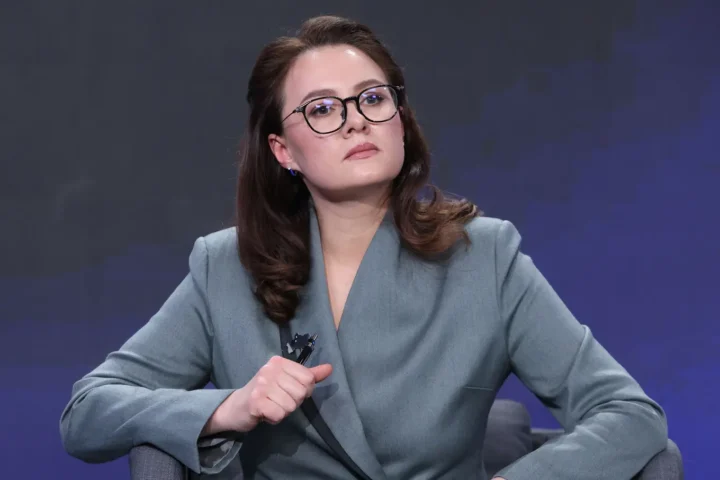Russian President Vladimir Putin has once again hit the pause button. This is a familiar tactic—one he employs when uncertain about his next move. His conspicuous departure to St. Petersburg on the day of Russian-American negotiations in Riyadh raises questions: was it an impromptu decision or a calculated gesture? What is evident is that plans were shifting throughout the day. The outcome, however, remains clear—there were no official statements, no confirmed results. Instead, a classic diplomatic maneuver was employed: let Foreign Minister Sergey Lavrov handle the messaging.
The Riyadh Delegation and Financial Priorities
The composition of the Russian delegation in Riyadh provides crucial insights. Ambassador Yuri Ushakov, a seasoned diplomat deeply embedded in American-Russian relations, was present alongside Kirill Dmitriev, a financier closely linked to major financial channels. This lineup signals a clear priority—securing financial resources, an increasingly complex challenge for Russia.
Shifting Global Power Dynamics
Meanwhile, another geopolitical front was in motion—Ankara. There, MI6 Chief Richard Moore, Russian oligarch Roman Abramovich, and Ukrainian President Volodymyr Zelensky convened, reinforcing Turkey’s bid for a seat at the global negotiating table. Turkey is not alone in this pursuit—China and Britain are also asserting their influence. France, led by President Emmanuel Macron, is pushing for a stronger role, no longer restrained in its ambitions, unlike European Commission President Ursula von der Leyen. Germany, for its part, has shed any pretense and now openly acknowledges its status as Europe’s primary military power.
All these developments unfold against the backdrop of Ukraine, a geopolitical catalyst that has disrupted the global order. Even Putin may now recognize that, rather than being the architect of events, Russia is merely reacting to larger forces at play.
The Future of Russia’s Mobilization Model
The crux of the issue remains the military campaign. Any significant geopolitical shift is contingent upon it. The current mobilization model is unsustainable in the long run, yet transitioning away from it presents challenges. A mobilized economy entails defense industry financing, a sterilized political landscape, and a rigid technocratic governance structure. Putin’s technocracy is austere and unyielding, while Trump’s envisioned American technocracy is dynamic and assertive. Meanwhile, China’s model leans on private capital as a key driver. If global trends serve as an indicator, a strategic course correction for Russia appears inevitable.
However, the pressing question remains: is Putin prepared for such an adjustment? Judging by his pause, the answer appears to be no. He has retreated from the public eye, searching for alternatives—an indication that uncertainty still lingers at the highest levels of Russian leadership.

